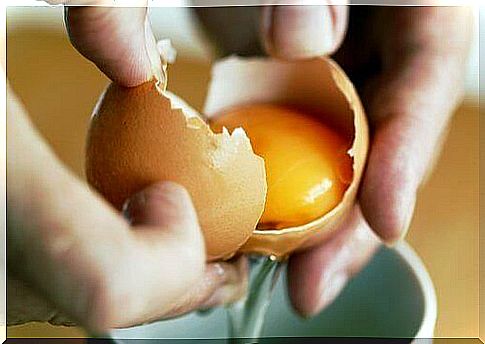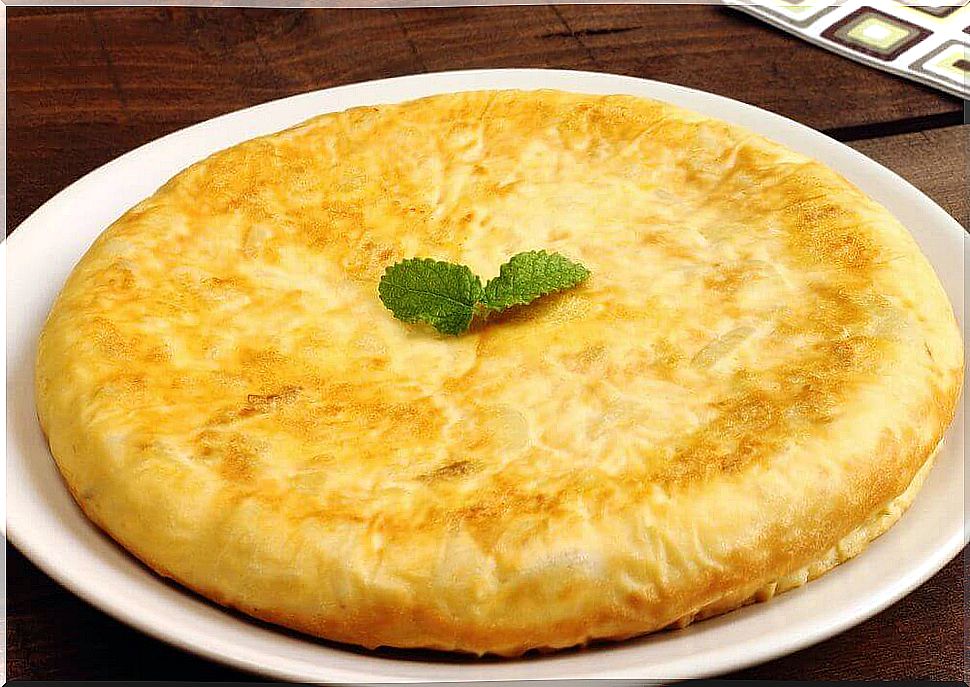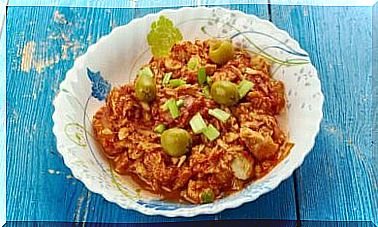When Should Eggs Be Introduced Into Children’s Diets? – Being Parents

Eggs are one of the foods that can not be missing in children’s diets. However, we must know when and how to introduce the eggs so that our little ones can assimilate them correctly.
This food is rich in nutrients and constitutes an exceptional contribution during the first years of life. Can we give it in all forms? No, although you don’t necessarily have to limit the options. We will tell you more about this later.
Egg characteristics
Eggs are made up of three parts: the shell, the white and the yolk. Together, white and yellow contain a high index of essential amino acids, fatty acids, and other important nutrients such as minerals and vitamins. In other words, the nutrients are well distributed between the yolk and the white.
Egg white is made up of 88% water and proteins, among which ovalbumin is distinguished. Hence the reason why it is advisable to eat only white in certain types of diet. For its part, the yolk is rich in fats, in mineral salts and in proteins rich in phosphate.

The advantages of introducing eggs into children’s diets
- They contain all the nutrients necessary for the healthy growth of children.
- They provide energy thanks to their high protein content.
- Eggs are easy to chew and digest thanks to their soft consistency.
- They provide vitamin D in a natural form to the body.
- Egg yolk contains monounsaturated fats which are not harmful to the body.
For these benefits and many more, eggs must be present in children’s diets, which is why it is recommended to ingest one egg per day, depending on the age of the child of course.
Introducing eggs into children’s diets should be done gradually. From 6 months, it is advisable to start with the yolk and preferably well cooked, without adding salt.
From 10 months, you can introduce the whole egg in the form of scrambled eggs (without salt), omelet and cooked. Fried eggs should be avoided until the child is over 24 months of age.
As for the quantity, it is better not to overdo it. In other words, it is most reasonable to give the child half an egg for the first 6 months and then a whole egg. It is not recommended to saturate the child with amounts of eggs that do not correspond to his weight.
Some ideas for introducing eggs into children’s diets
Egg nests with spinach and cheese
Ingredients
- 1 egg.
- Butter.
- Cheese (according to taste).
- Cream of spinach.
- Optional: an onion.
Preparation
- Crack the egg, whisk it and set it aside.
- Fill a buttered container halfway with the spinach.
- Poke holes in the spinach with a large spoon.
- Pour a little beaten egg in each hole.
- Season with a little salt, add the cheese and place the dish in a double boiler.
- Place in the oven for 15 minutes until the eggs are cooked.
Colorful omelettes
Ingredients
- 2 eggs.
- 1 piece of carrot.
- 1 cooked beet.
- 4 spinach leaves.
- 1 tablespoon of oil.
- Salt (in small quantities).
Preparation
- Beat the eggs and add the salt (just a little).
- Place equal parts of the beaten mixture in three different containers , add the cooked and mashed carrot, beat and set aside.
- Repeat the operation with the beet and then with the crushed spinach leaves, each mixture must be separated.
- Put olive oil in a small hot pan.
- Pour each mixture separately, forming colored omelets.

Potato tortilla
Ingredients
- 1 potato.
- 2 eggs.
- 1 tablespoon of oil.
- Salt and cheese to taste.
Preparation
- Cut the potato into small pieces and cook them in oil.
- Beat the eggs and once the salt has been added, toss with the potato.
- Place all the mixture in a frying pan, once it’s cooked on one side, flip the tortilla so that it is golden on both sides.
Nowadays, powdered eggs are even found in stores, although most of them are used in baking. They are generally not used in the regular diet although it is valid to do so.
The egg is a food that must be used in a balanced way so that it can really contribute to the nutrition of children and, therefore, their health.









